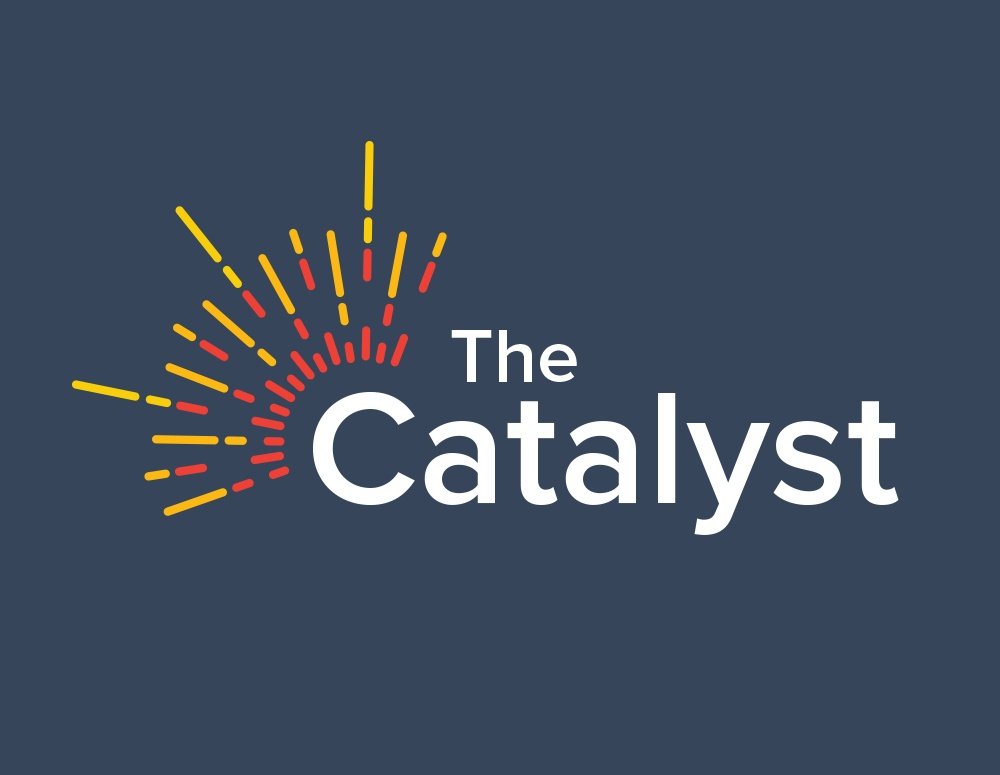Discussions about the cost of medicines are important. We recognize that many patients are struggling to access the medicines they need, and we want to work with policymakers and other health care stakeholders to advance commonsense solutions that will bring down costs and improve affordability for patients. But in order to have an honest conversation about this important issue, we need to have agreement on the facts. Unfortunately, the insurance industry is continuing to advance a false and misleading narrative about prescription medicine cost growth.
For example, America’s Health Insurance Plans recently claimed prescription medicines are the largest single expense of consumer premium dollars. They even released an infographic that supposedly backs that up. But here is what they didn’t say:
- Their analysis only looked at the list prices of medicines while omitting the significant rebates and discounts they negotiate with biopharmaceutical companies.
- They compared list prices for prescription drug costs to negotiated prices for hospital and physician services. It is not an apples-to-apples comparison and instead makes prescription costs look artificially high.
- In effort to make prescription costs look like an even higher share of medical costs, they broke out hospital costs into two separate categories: outpatient and inpatient services. Combining those would clearly show that hospital spending accounts for the largest share of health care costs – by far.
- After accounting for prescription drug rebates (which reflects their actual costs), insurance companies are actually spending more on administrative costs and profits than they are on prescription medicines.
And last week, the Blue Cross Blue Shield Association released a report claiming prescription medicine spending has increased 10 percent annually for their members since 2010. Yet if you look at the fine print in their footnote, they acknowledge that the data “do not include the impact of drug rebates” – meaning the data do not reflect what their members actually spent on prescription medicines during that time period.
Recent data from pharmacy benefit managers (PBMs) and government actuaries tell a much different story:
- Express Scripts’ annual Drug Trend Report found spending on medicines increased by just 3.8 percent in 2016, versus 5.2 percent in 2015. Express Scripts also found prices for brand-name medicines increased just 2.5 percent after accounting for discounts and rebates negotiated.
- Prime Therapeutics announced spending on medicines increased by just 2.5 percent in 2016.
- CVS Health announced spending on medicines dropped to 3.2 percent in 2016.
- QuintilesIMS found net spending on medicines grew just 4.8 percent in 2016 – down from 8.9 percent in 2015.
Perhaps one of the reasons they do not want to talk about rebates is because they do not always directly share those rebates with patients at the point of sale. A recent analysis by the Berkeley Research Group found that biopharmaceutical companies retain just 63 percent of the list price of a medicine, with more than a third being rebated back to insurance companies, PBMs and the government. Yet unlike care received at a hospital or physician’s office, insurance companies require patients with high deductibles and co-insurance to pay the full list price for their medicine, even if their insurer receives a significant discount.
Learn more at PhRMA.org/Discounts.



